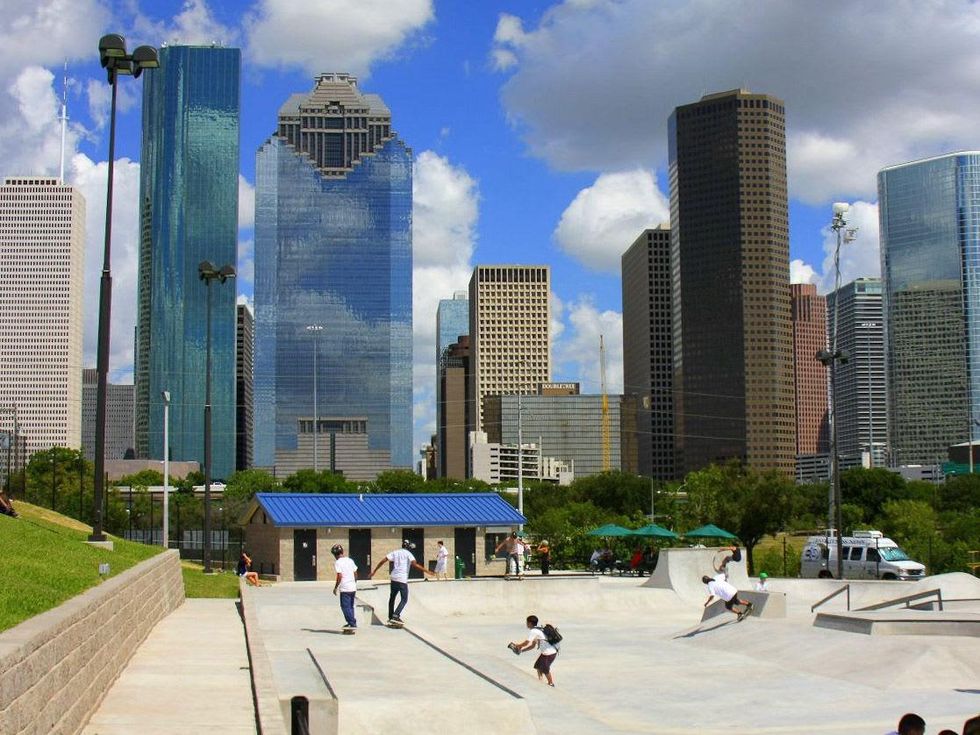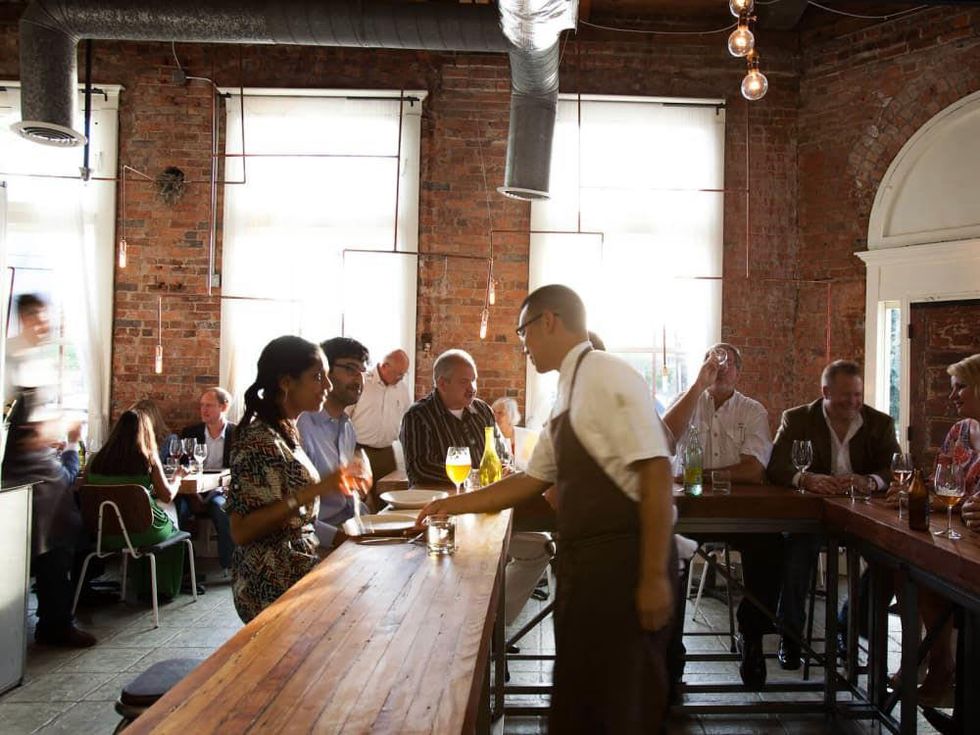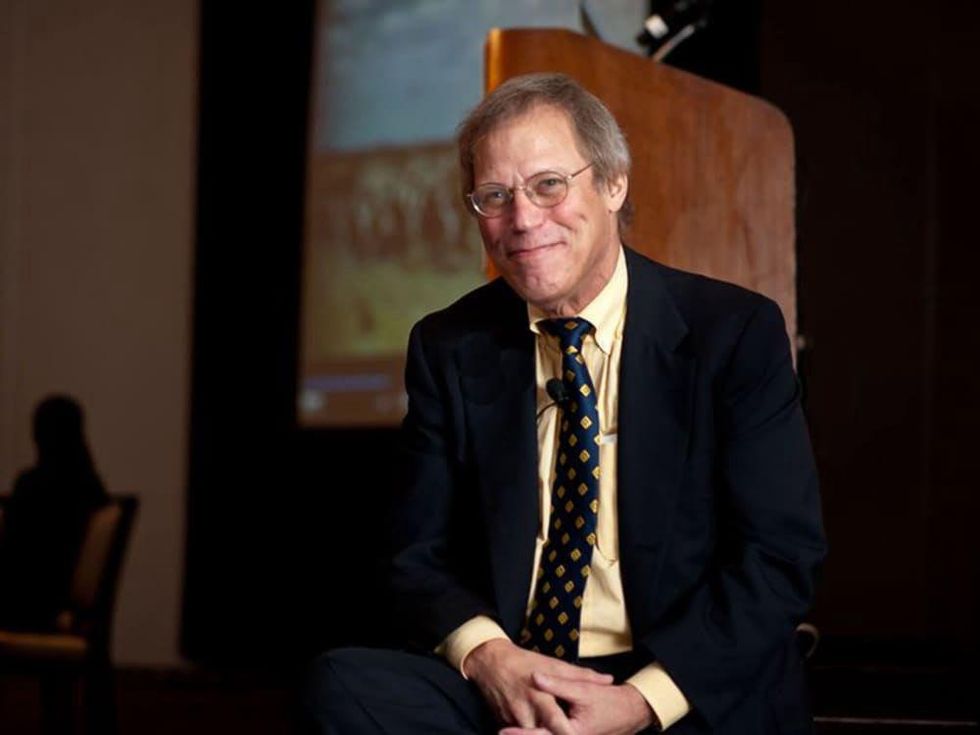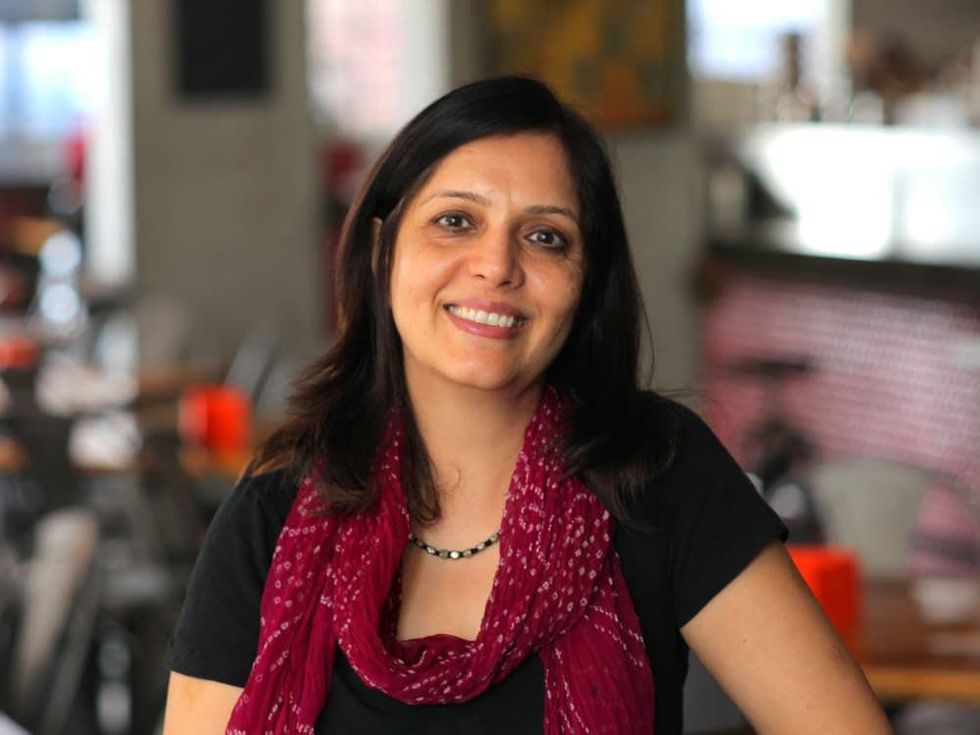Houston The No. 1 Food City
Houston dubbed the food city of the future — and more: NPR falls hard for H-Town
National Public Radio has eyes for the Texas this week as part of a new series examining how shifting demographics will reshape the culture and politics of the nation's second most populous state.
At the heart of the on-air exploration is Rice University's Kinder Survey — the annual report that has charted Houston's ever-diversifying population since the early 1980s. The city's ongoing transformation, NPR contends, offers a sort of crystal ball of how the county's social landscape will change in the years to come.
And where else to start the journey into Texas diversity than with the Bayou City food scene? And who else to serve as a guide than local celebrity sociologist and Kinder Survey creator Stephen Klineberg?
Upon arriving in the 1970s, Klineberg found a "deeply racist, deeply segregated Southern city" where white oil barons ruled.
"We are a free people, and we come from everywhere. This is where the American future is going to play out," he explains from chef Anita Jaisinghani's Pondicheri before the culinary trek ventures forth to check in with Justin Yu of Oxheart, Himalaya chef/owner Kaiser Lashkari and food writer Mai Pham.
Upon arriving in Houston in the 1970s, Klineberg found a "deeply racist, deeply segregated Southern city" where white oil barons ruled a fiefdom of steakhouses and smog. But after decades of booming immigration, the city bears little resemblance to its former self.
"Houston runs about 10, 15 years ahead of Texas, 30 years ahead of the U.S., in terms of ethnic diversity and immigration flows," says Rice sociologist Michael Emerson in a segment aptly titled "America's Diverse Future Has Already Arrived."
"It [Houston] is fundamentally transformed in a way that all of America shall transform."




